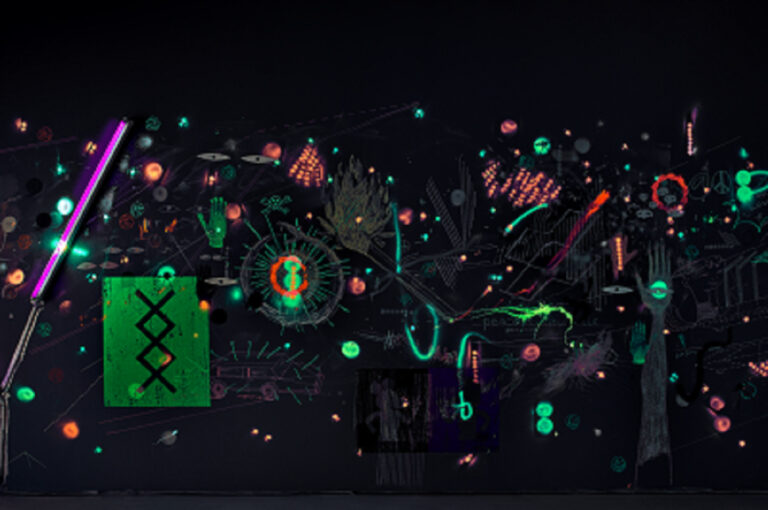Right from the emergence of the ongoing COVID-19 pandemic, national governments and international institutions have been relentlessly qualifying it as an “unprecedented” event. We have been told that the virus sees no color or class and that equal sacrifices from each one of us are and continue to be necessary to contain its spread. We have been instructed to look at the virus in scientific, neutral terms as if we had equal chances of being affected by it—as if its routes, that is, did not follow the roots of sedimented histories of oppression, exploitation, dispossession, and structural violence. This forum departs from such narratives to look at how the current COVID-19 pandemic intersects with other pre-existing and enduring pandemics, such as those produced by racism, capitalism, and speciesism. In building on the emerging critiques by Indigenous, feminist, Black, and queer academics, movements, and activists, the contributions it hosts offer multimedia reflections on affects triggered or evoked by the current pandemic, such as rage, fear, despair, restraint, care, and hope. Coming from different parts of the globe and disciplinary approaches, authors convey the “Corona(virus) a(e)ffects” in multisensorial ways, combining written essays, poetry, videos, and photographs. By contextualizing the ongoing COVID-19 pandemic within a historical legacy of structural violence within and across species, this forum moves beyond deceitfully single-focus and temporally flat narrations. In so doing, it provides a space for the expression of radical affectivities of dissent and hope that its outburst has arguably made only more visible and pressing.
Articles by Mattia Fumanti
Mattia Fumanti is a social anthropologist working on colonial and postcolonial Africa, the anthropology of migration, and medical anthropology. He is a senior lecturer in social anthropology at the University of St. Andrews. For two decades, he has been conducting ethnographic research in Namibia, Ghana, and the UK, and his research has encompassed topics such as generation, elites, youth, gender, popular culture, education, migration, citizenship, religion, race, and mental illness. He is the author of The Politics of Distinction: African Elites from Colonialism to Liberation in a Namibian Frontier Town (Sean Kingston Publishing, 2016; University of Namibia Press, 2017), co-author of Beer in Africa: Drinking States, Spaces, and Selves (Lit Verlag, 2010), and he is currently working on a monograph, under contract with Routledge, entitled "Akan London: Virtuous Citizens and Methodism in the Gateway City.” Mattia is the book review editor for the Journal of Southern African Studies and a member of the editorial board of the journal Religiographies.
